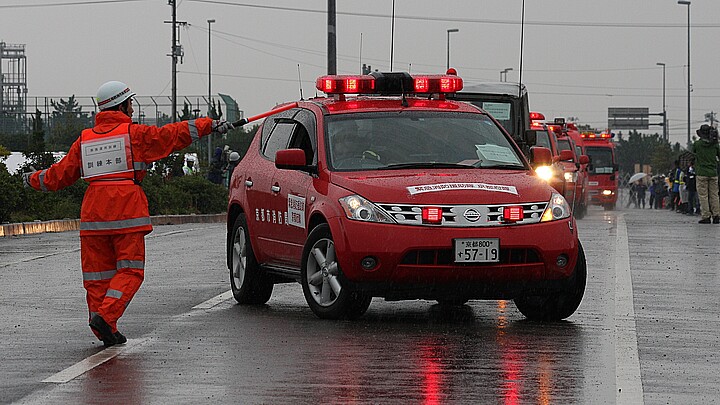Climate
Tonga undersea volcano eruption affected satellite signals in space
The explosion, which was similar in strength to the largest U.S. nuclear bomb, caused the highest-ever recorded volcanic plume and triggered tsunamis in several places around the world

May 24, 2023 9:10am
Updated: May 24, 2023 9:10am
Last year’s powerful underwater eruption of the Tonga volcano was so powerful that it disrupted satellite signals in space, according to a new study.
On January 15, 2022, the Hunga Tonga-Hunga Ha’apai underwater volcano located near the Kingdom of Tonga in the South Pacific erupted violently, recording one of the most powerful explosions in more than a century.
The explosion, which was similar in strength to the largest U.S. nuclear bomb, caused the highest-ever recorded volcanic plume and triggered tsunamis in several places around the world. More than 25 miles of debris were thrown into the air.
At the time of the explosion of the Tonga volcano, the research team from the Institute for Space-Earth Environmental Research at Japan’s Nagoya University used satellite and ground observations of Earth’s upper atmosphere to show how the volcano’s explosion triggered an air pressure wave capable of producing an “equatorial plasma bubble” (EBP).
AN EBP is a hole in the ionosphere that can disrupt satellite-based communications, delay radio waves, and affect GPS performances.
"Previous studies have shown that the formation of plasma bubbles at such high altitudes is a rare occurrence, making this a very unusual phenomenon," designated assistant professor Atsuki Shinbori, who led the team, said in a statement. "We found that the EPB formed by this eruption reached space even beyond the ionosphere, suggesting that we should pay attention to the connection between the ionosphere and the cosmosphere when an extreme natural phenomenon, such as the Tonga event, occurs."
The effect of an EBP is similar to the effects of a geomagnetic storm, which are known to disrupt satellite communications and signals, the study added. The team of researchers believes that the findings are significant because it shows that events on Earth, which are not usually incorporated into space weather forecast models, should be accounted for.
"This study will contribute to the prevention of satellite broadcasting and communication failures associated with ionospheric disturbances caused by earthquakes, volcanic eruptions, and other events," Shinbori added.







